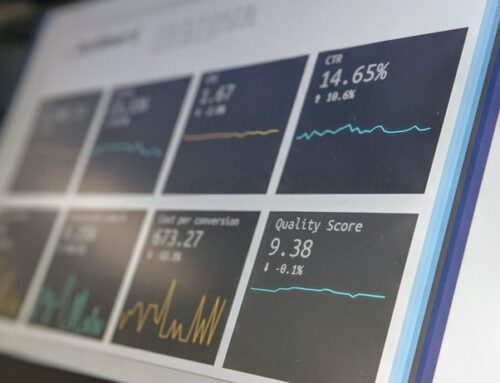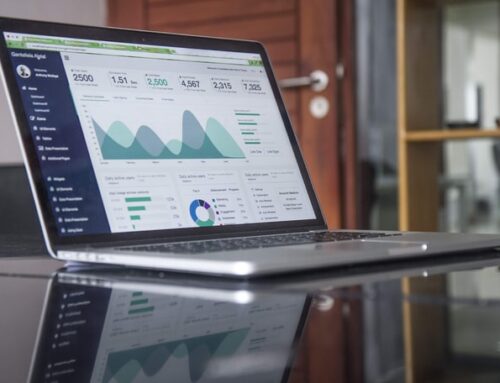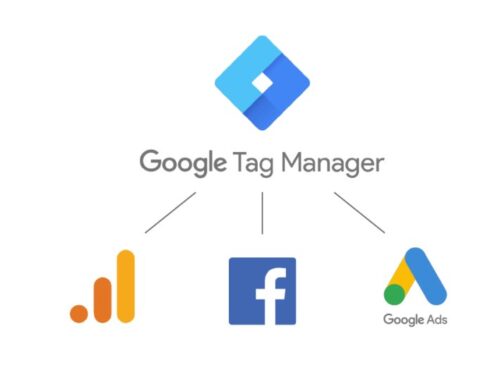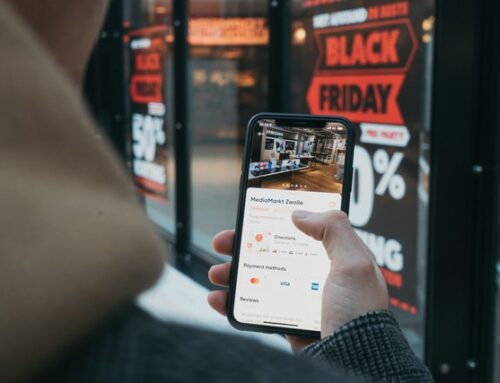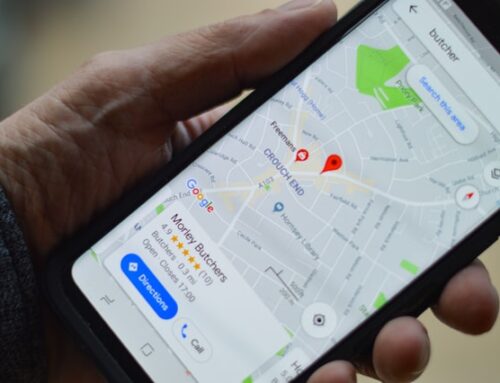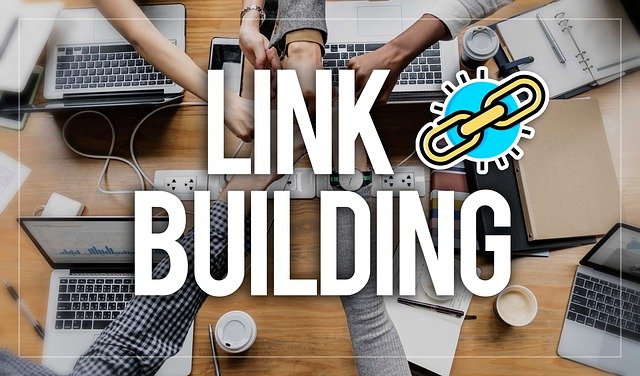
Internal Linking Can Boost Your Link-Building Strategy
Author : Hardeep Singh
April 25, 2025
Writing content and increasing its SEO rank is important. In order to grow your website, you need to follow SEO strategies. One of the strategies is Internal Linking in SEO. Links are needed for your content to rate. When blogs and sites are connected to from anywhere on the internet, Google makes them easier.
Internal links bind your content and give Google a sense of your website’s layout. They will help you create a site hierarchy by helping you to assign the most popular sites and posts more connection weight than less important pages. As a result, having a good internal linking strategy will help your SEO!
-
What are Internal Links?
Any link on the website that connects one page to a different one is thought of as an internal link. Links square measure employed by each of your users and search engines to find content on your website.
Users use connections to withstand the net and find the knowledge they are searching for. Links are employed by search engines to browse the pages. They will not be ready to navigate an internet site if it does not have any connection.
Internal links come in a variety of forms. You should have links within your content in addition to your homepage, menu, and post feed. These are referred to as relational relations. Contextual links guide your users to important and useful content.
Furthermore, they enable search engines to decide the importance of your content by determining what content on your site is related to. The greater the number of links a website gets, the more important it is to search engines. As a result, good internal links are essential for SEO.
-
Why are Internal Links Important?
For Search engines such as google, internal linking is very relevant. Google uses links to find new web content and to rank it in search results. A large number of links to a post or blog indicates to Google that it is a significant or high-value blog. This is applicable for both internal and external links.
As a site administrator, you have power over internal linking. You will guide your guests and Google to your most important sites by using the right internal links. You need to set a link strategy for your content to increase SEO score and traffic.
-
Link Value
Google distinguishes connection meaning between all links on a web page in addition to knowing the association between text. Since it contains the most backlinks, the homepage of a website also has the highest connection value.
The meaning of that connection would be shared by all of the links on that homepage. The relation meaning transferred to the next page would be split between that page’s links, and so on.
As a result, links to the most recent blog posts from the homepage, rather than just the category tab, would increase their connection worth. In addition, if new posts are connected from the homepage, Google can find them faster.
When you learn how links carry on their relation worth, you’ll realize that more links to a post equal further value.
Since Google considers a page with a lot of useful links to become more relevant, you’ll have a greater chance of it ranking.
1. Choose the Best Structure for Your Website
Follow a suitable structure for your website. It should include your home page, categories, Subcategories. Your home page should be your prime landing location for your visitors. Set up particular categories with different types of posts. Your website menu should attract visitors to go through it.
2. Add Contextual Links
When you’ve published several posts on the same topic, you should link them together. This will demonstrate to Google – and consumers! – that the posts are linked in the subject. You can add links at the bottom of your post or link directly from phrases in your copy.
Furthermore, you want to demonstrate to Google which of those articles is your cornerstone: your most comprehensive post on the topic. To do so, you must have a connection to the cornerstone in each article on the subject. Don’t neglect to refer back to the individual articles from the cornerstone.
3. Link Ranking Pages
If your website has hierarchical pages, connect parent pages to child pages and vice versa. Also, don’t forget to connect the pages of siblings together. These pages can be linked on a well-organized web, and connecting them in this way makes perfect sense.
4. Create Topic Clusters
Internal connecting projects that map out subject clusters with related pages (rather than only the keywords associated with them) are a great way to get good results.
Topic clusters should begin with the silo’s main hub page, which you have already defined. This is normally the home page for a specific topic. Any similar pages may be used as supporting material to give the subject more depth.
Internal links from these sites to the hub page are required to demonstrate topical importance and to suggest that the main page is the most reliable source.
5. Add Navigational Links
You will make the cornerstone material more definitive by linking to it from the dashboard or the top navigation, in addition to linking from topically related articles and websites. This should be done for the most appropriate posts and pages about your business.
This would increase the connection worth of these posts or blogs, making them more powerful in Google’s eyes.
6. Add Links To Recent Posts
The final choice is to create internal links to your website’s most common or newest content. Create these parts in your website’s sidebar or footer to ensure that they show on all pages and blogs.
These most popular/recent posts get a significant boost in link importance as it flows through several different pages and posts. Aside from that, users will be able to reach the posts more easily, which will boost traffic – and more traffic is a good sign for Google.
Conclusion
Internal linking isn’t difficult. What you need is a structured, hierarchical site layout, as well as internal links that support it. That’s the bare minimum—you can then strategically connect from your “power pages” to others that need any SEO assistance.

